What Is Threonine
Anyone who has ever lifted weights has probably heard of this important principle: Amino acids act as muscle fuel. When you are trying to make your muscles grow, you must feed them, and amino acids make the best meal for a hungry muscular system. Threonine is one of these amino acids.
Some amino acids are called “essential,” while others are called “non-essential.” The difference lies in the fact that non-essential amino acids can be manufactured by your body. Essential amino acids, on the other hand, must be acquired from diet or supplementation.
What Does Threonine Do?
Threonine, like most amino acids, fuels a number of different processes in the human body, but let’s start with the one that we’ve already mentioned: Muscle growth. We can get a clue by looking at this study, which tested the effects of threonine on the muscle tissue of young pigs.
The researchers found that a sufficient level of threonine was required in order for the pigs to achieve normal protein synthesis. In case you don’t know, protein synthesis is the process by which your body takes protein and turns it into muscle tissue. Based on these results, you definitely need to get an adequate amount of threonine if you want your muscles to grow.
At the same time, the research also showed that an excess of threonine would also inhibit protein synthesis. Thus, we can say that too much is just as bad as too little. We don’t know why an excess of threonine would inhibit the body’s ability to process proteins, but we should remind you that amino acids are themselves proteins. Thus, it is safe to say that the body can only process so much protein at one time. If you go over this limit, protein synthesis can slow or even stop.
Importance To The Digestive System
Threonine is incredibly important for the proper functioning of the stomach and digestive system. You may not know it, but your stomach has a layer of mucus. Yes, it is very similar to the mucus that comes from your nose, except that it isn’t contaminated with particles filtered from the air as nose mucus tends to be.
In order to produce the mucus layer, your body needs threonine. This mucus layer is important because it protects the intestines from the digestive juices and enzymes which can otherwise wreak havoc upon them. Your stomach juices consist mainly of hydrochloric acid, the same kind of acid that you would use to treat a swimming pool. If it can dissolve a cheeseburger, just imagine what it can do to your body meat!
Importance To The Immune System
Threonine is also vitally important to the proper functioning of the immune system. You already know a little bit about the various proteins in the human body, but there’s one that we haven’t discussed: Antibodies.
Antibodies are special blood proteins that seek out and destroy diseases and other pathogens. These antibodies are the main active components of our immune system, and threonine allows us to produce more of them. More antibodies equal a stronger immune system, although there is probably an upper limit to this benefit.
For a better idea, let’s consult another study. This test was performed on a group of chickens, which were supplemented with threonine. Researchers measured their vital signs and physical responses to determine the effects, and the results are not surprising. They found that threonine supplementation produced a noticeable improvement in the immune system of chicks as young as 42 days.
Food Sources Of Threonine
There are plenty of foods that contain threonine, which is why threonine deficiency is rare. Chances are, you are already getting adequate levels of this protein from your diet. The following foods are known to be particularly high in threonine:
- Watercress: About 2418 mg per serving
- Seaweed: About 2354 mg per serving
- Moose and other game meat: About 2000 mg per serving
- Turkey: About 1993 mg per serving
- Most fish: About 1980 mg per serving
- Soy Protein: About 1955 mg per serving
- Eggs: About 1949 mg per serving
- Quail: About 1839 mg per serving
- Pheasant: About 1834 mg per serving
- Pork: About 1833 mg per serving
- Oysters: About 1770 mg per serving
Risks And Side Effects:
Threonine doesn’t seem to be a risky supplement in any way. When we consult the authorities on the matter, we see that there is insufficient evidence at this time to give a definite dosage. However, that isn’t good enough. We want to at least give you some idea of how much is enough.
Here, we have a second opinion on the matter. This one says that threonine supplements are “possibly safe” when taken at a rate of four grams daily. However, they also say that some people experience side effects, including an upset stomach, skin rashes, minor nausea, and mild headaches. As you can see, none of these side effects are serious, but we would still recommend that you limit your dosage to three grams per day.
We should add that vegans might want to increase that dosage to four grams per day, just because there are relatively few plants that are high in threonine. There are lots of vegetables that contain threonine to one extent or another, but only watercress and seaweed contain large amounts.
Conclusion
When it comes down to it, this is one of the best supplements around. That being said, it is clear that you should not take a whole lot of this substance. While doing the research for this article, we have noticed an overall trend. It seems that this amino acid is incredibly beneficial in many ways. In fact, we didn’t even have time to cover all of its benefits.
At the same time, all sources indicate that you can take too much. At the bare minimum, a threonine overdose will negate the effects that you want by inhibiting muscle protein synthesis, as we described above. If you have enjoyed this article, please follow us on Facebook using the button below.
The post What Is Threonine? appeared first on Gaspari Nutrition.



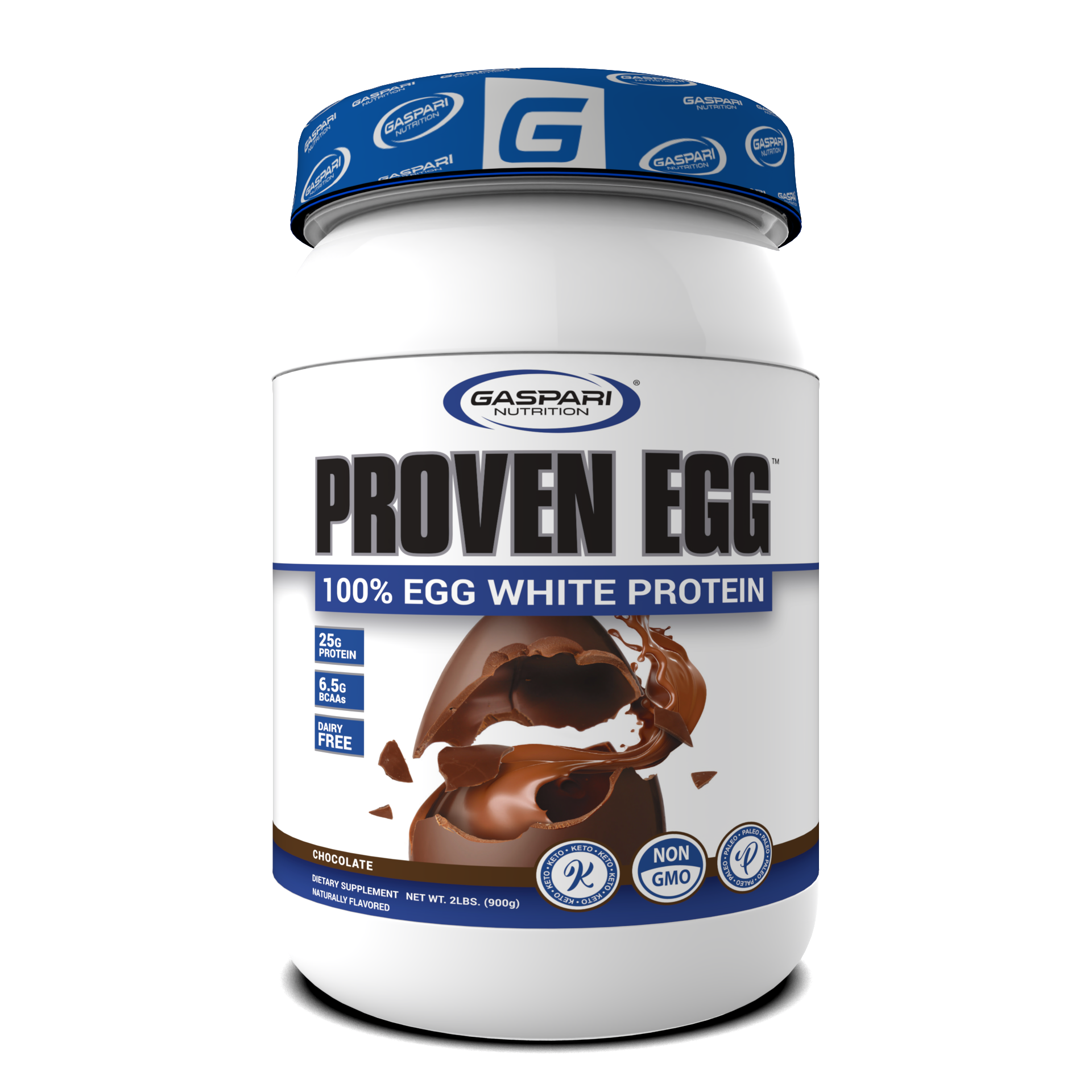



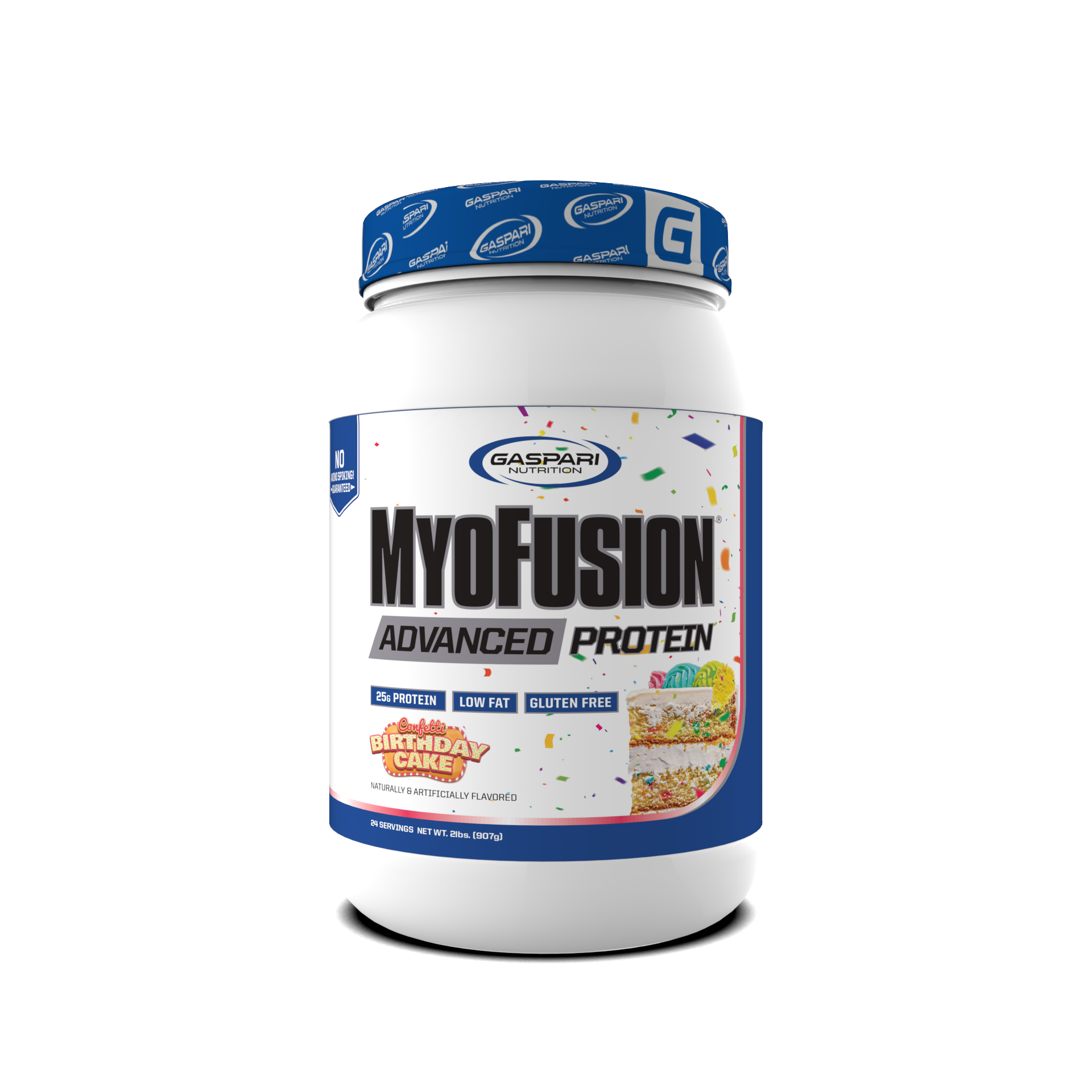



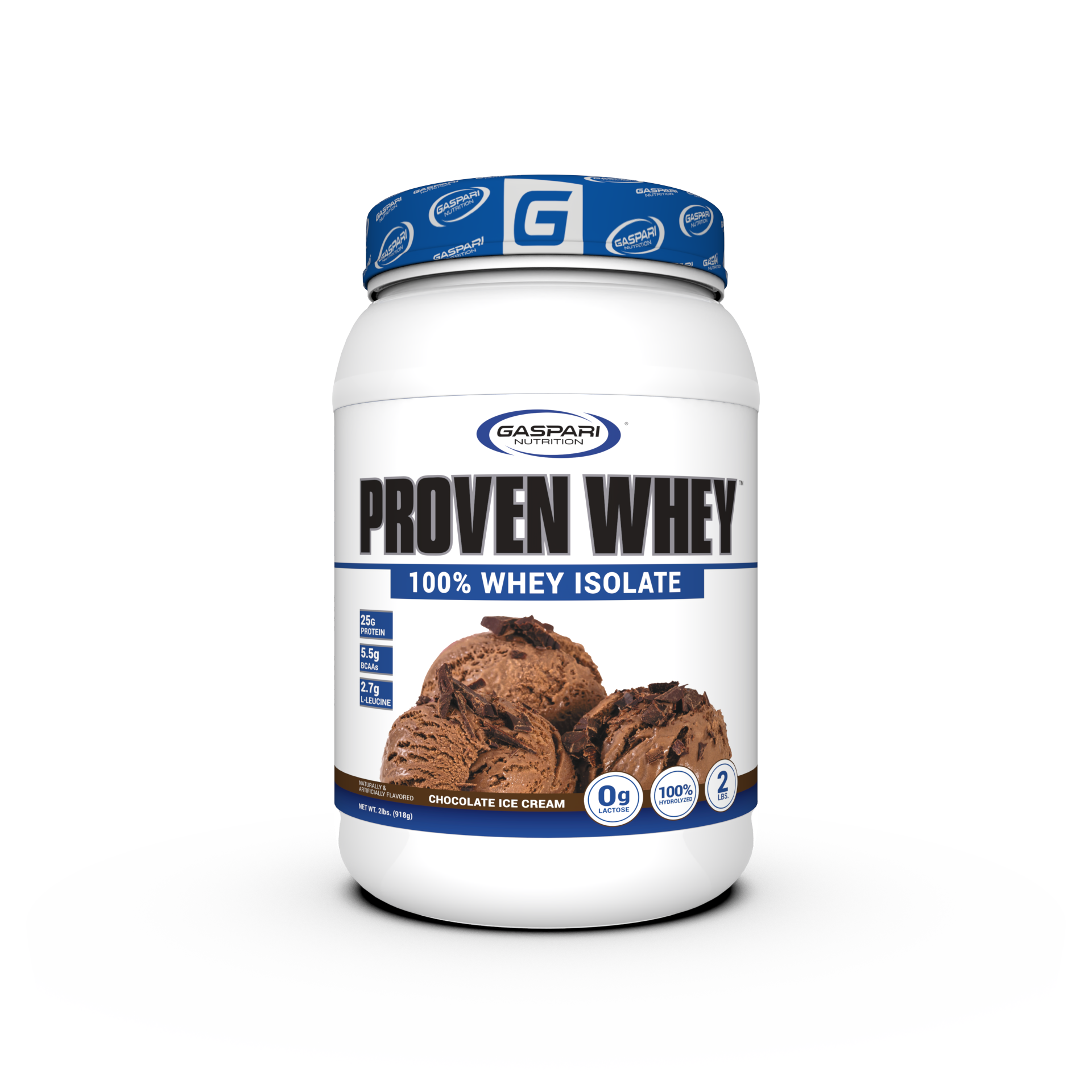




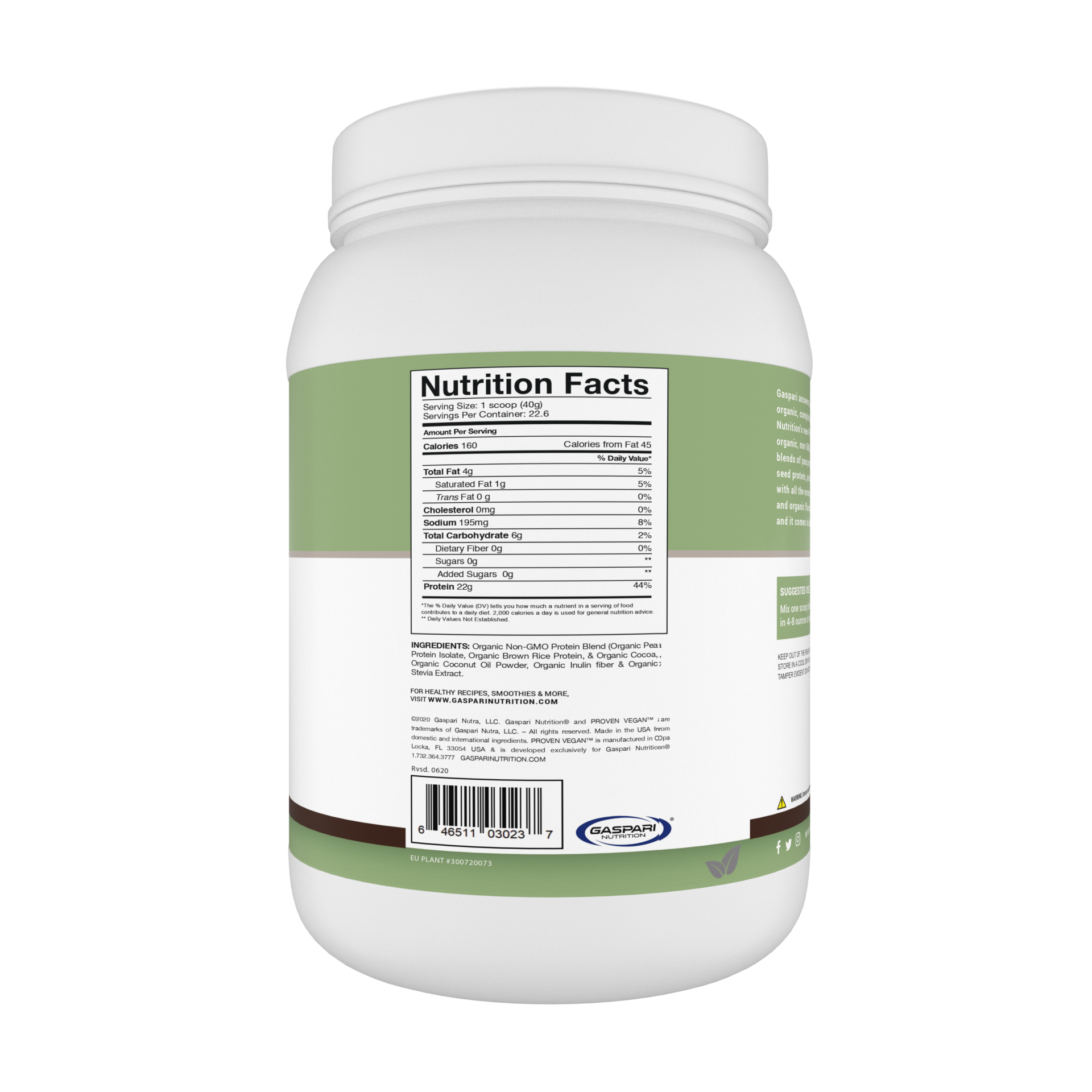






















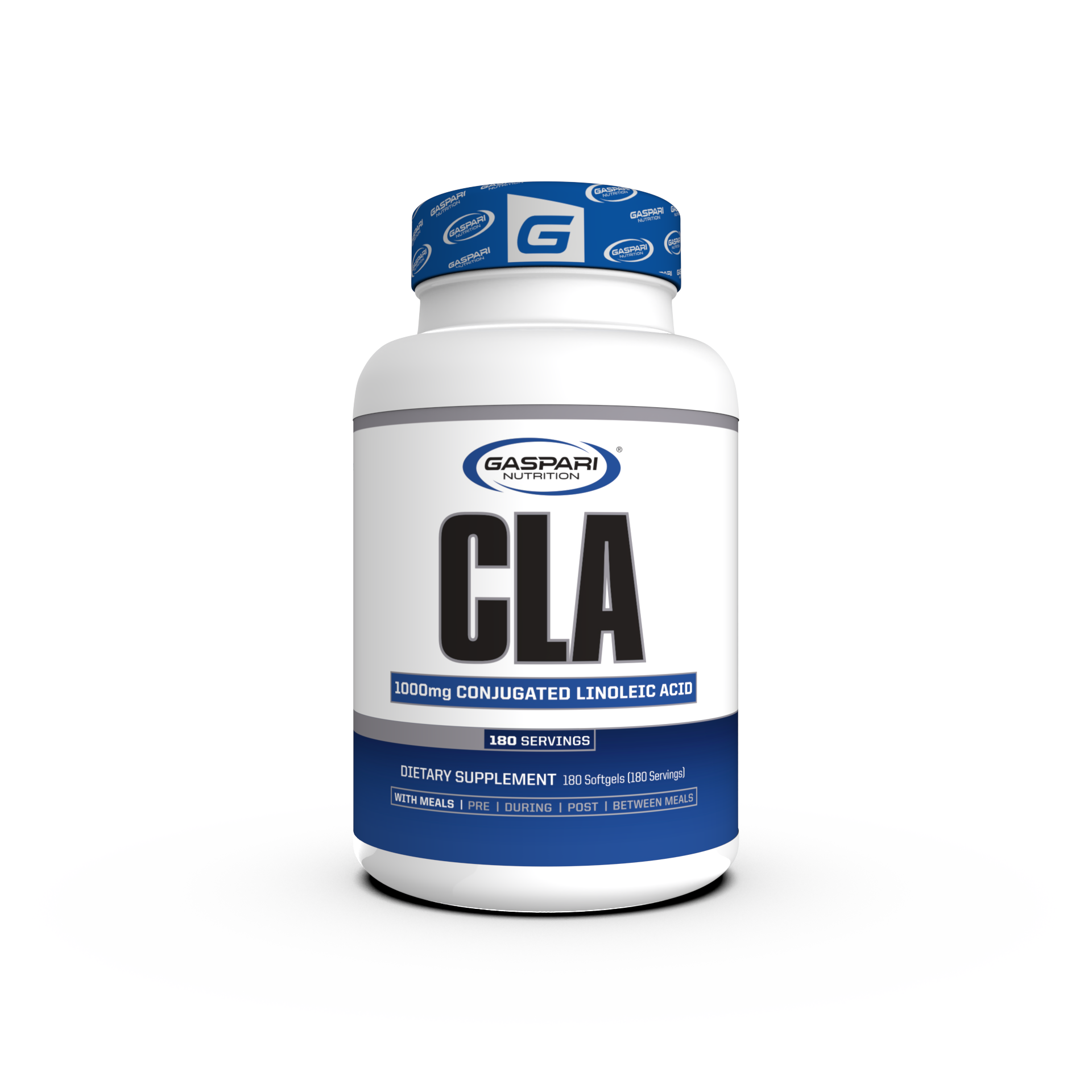



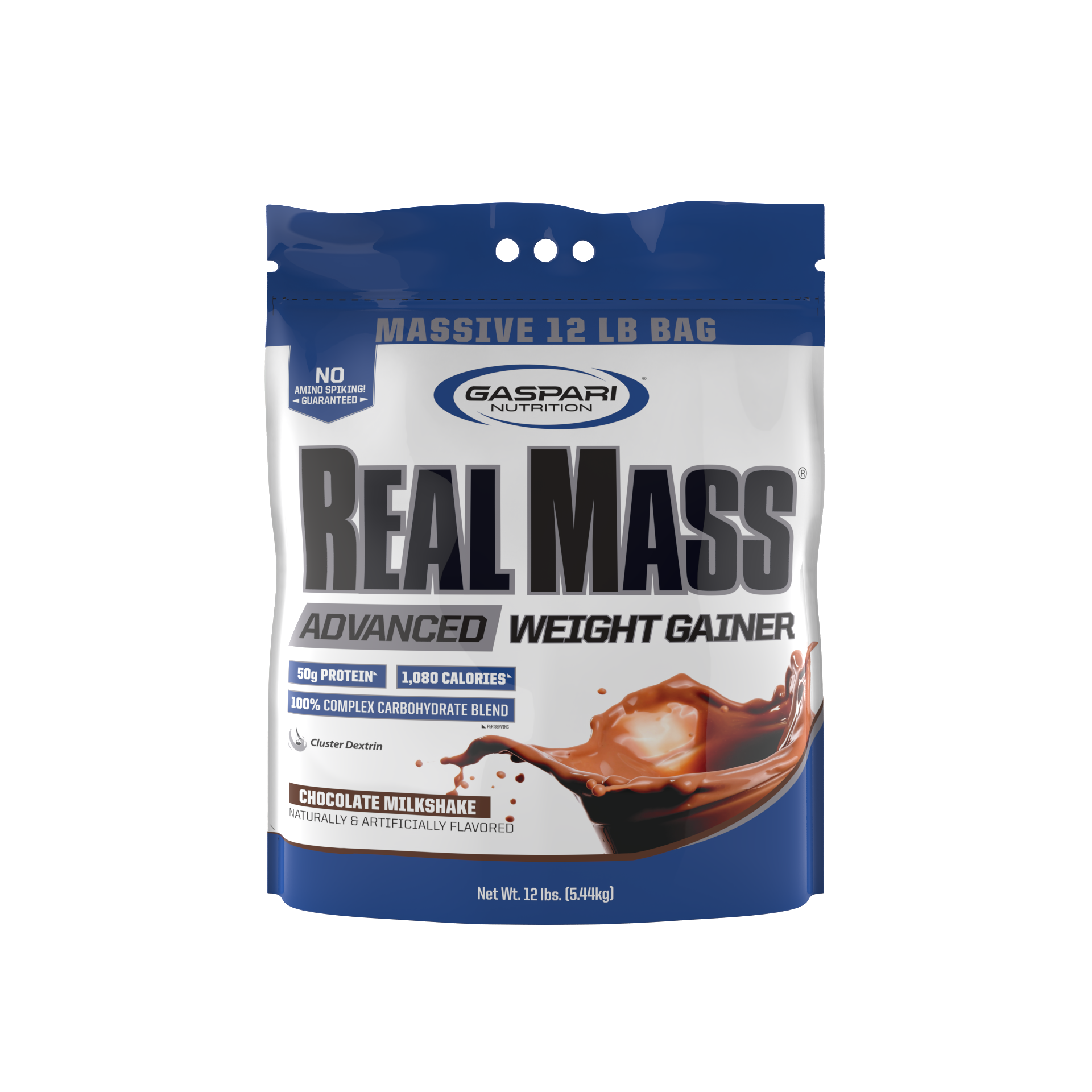











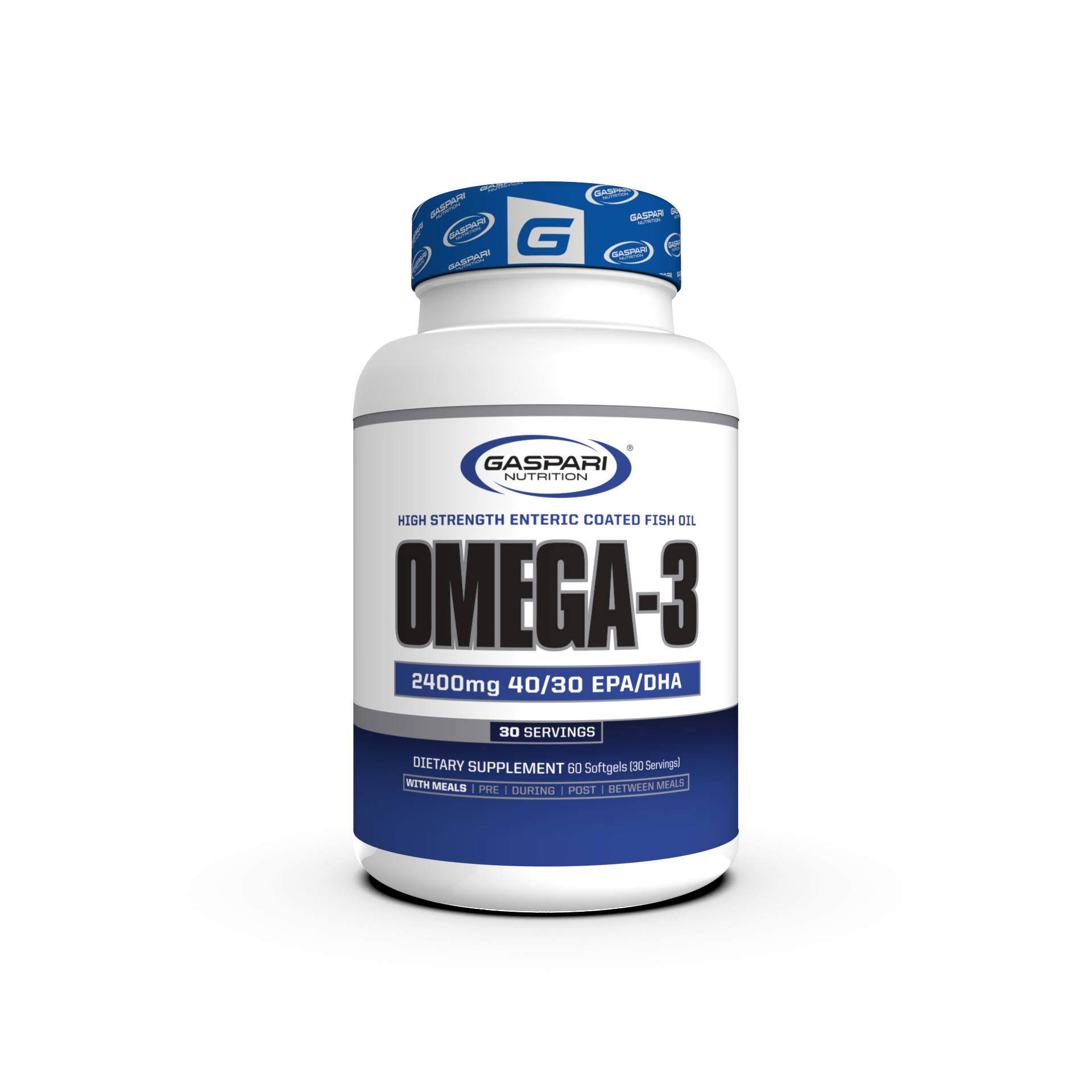



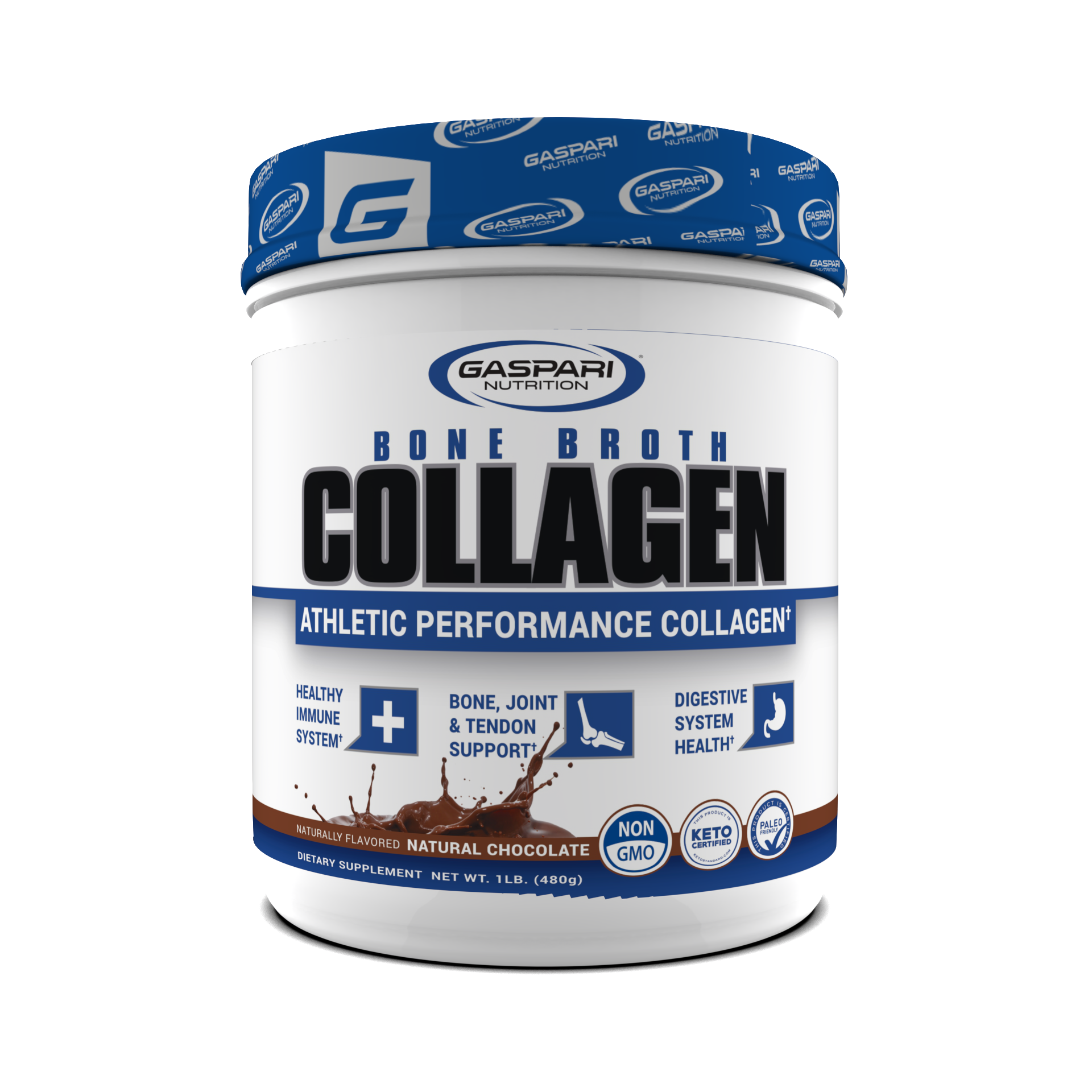



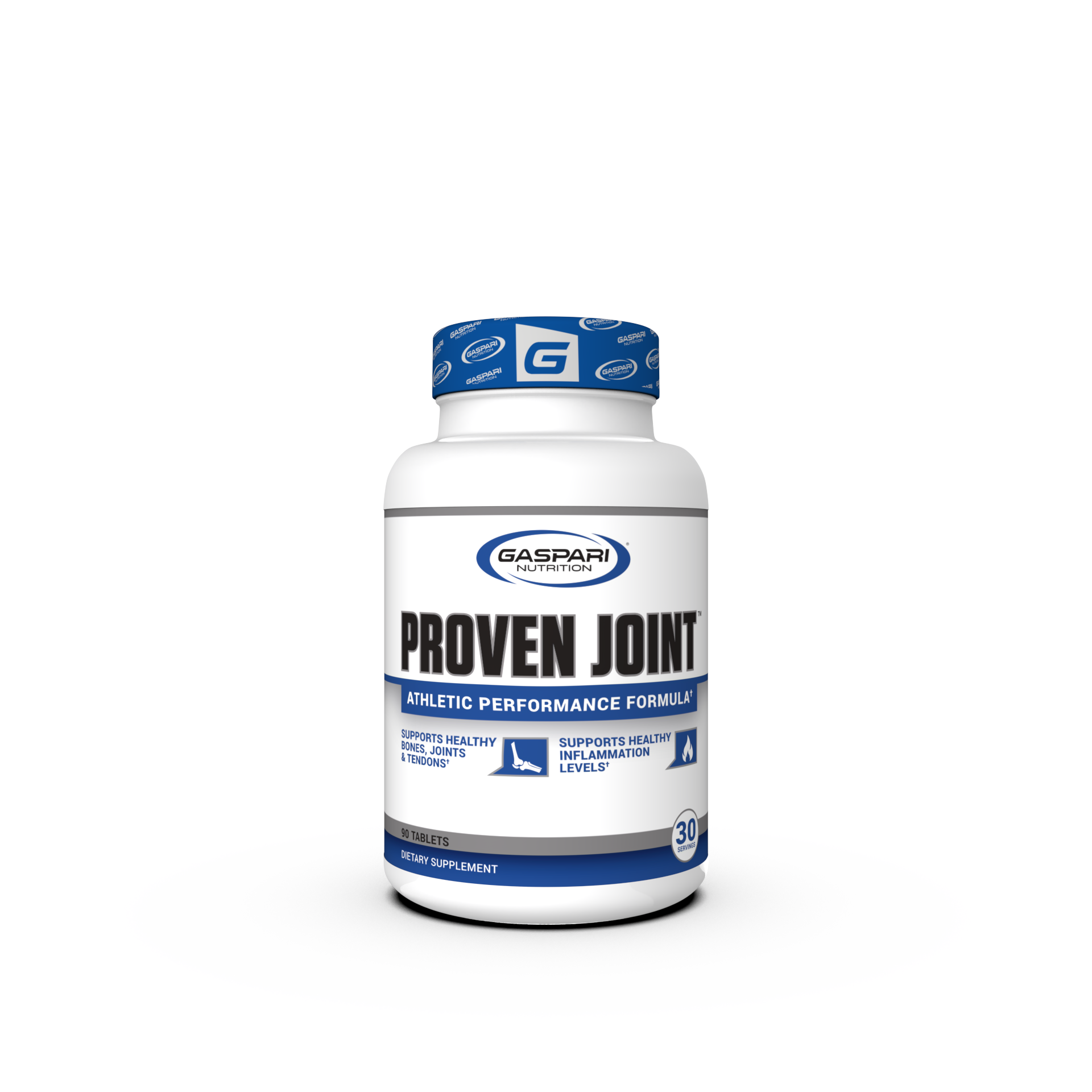








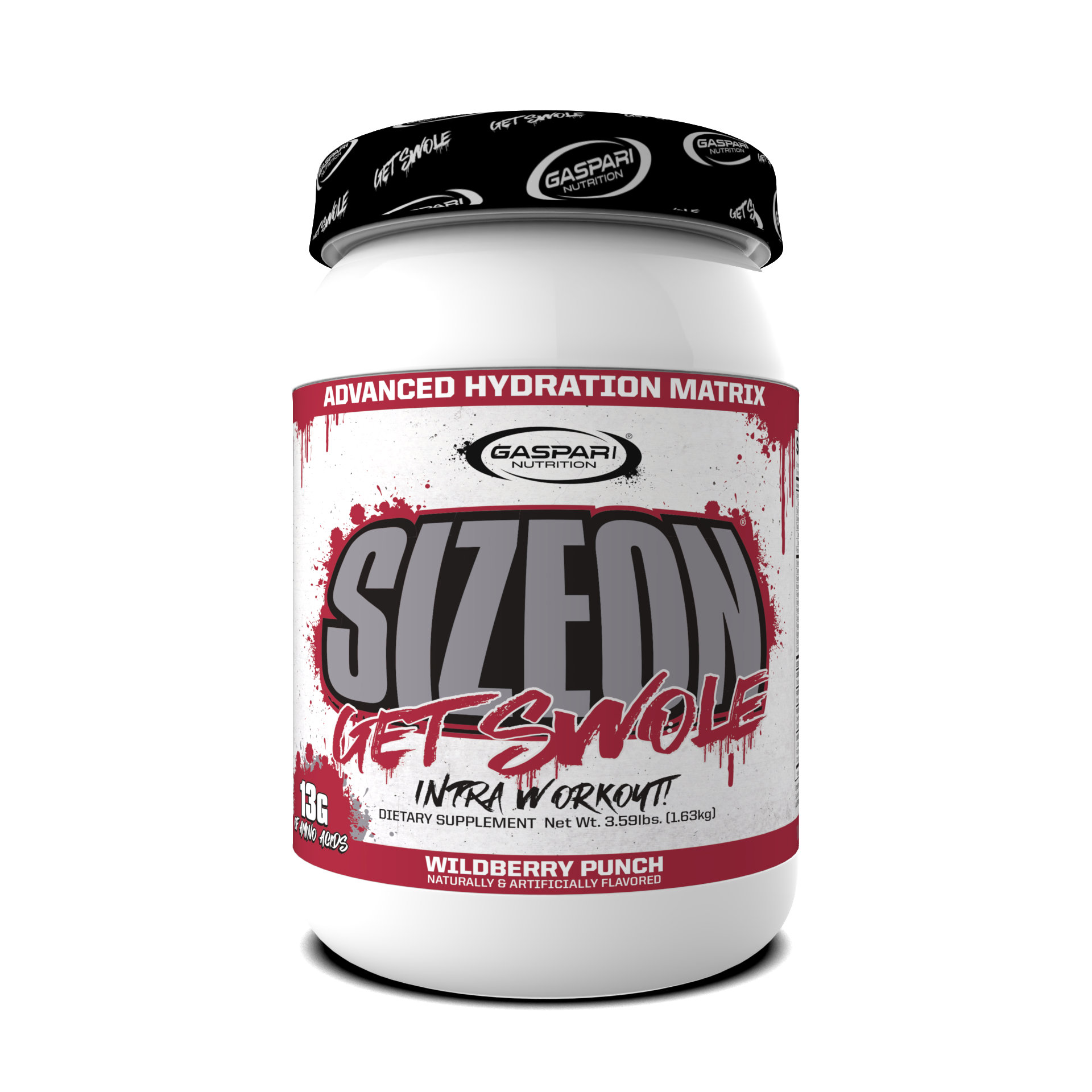


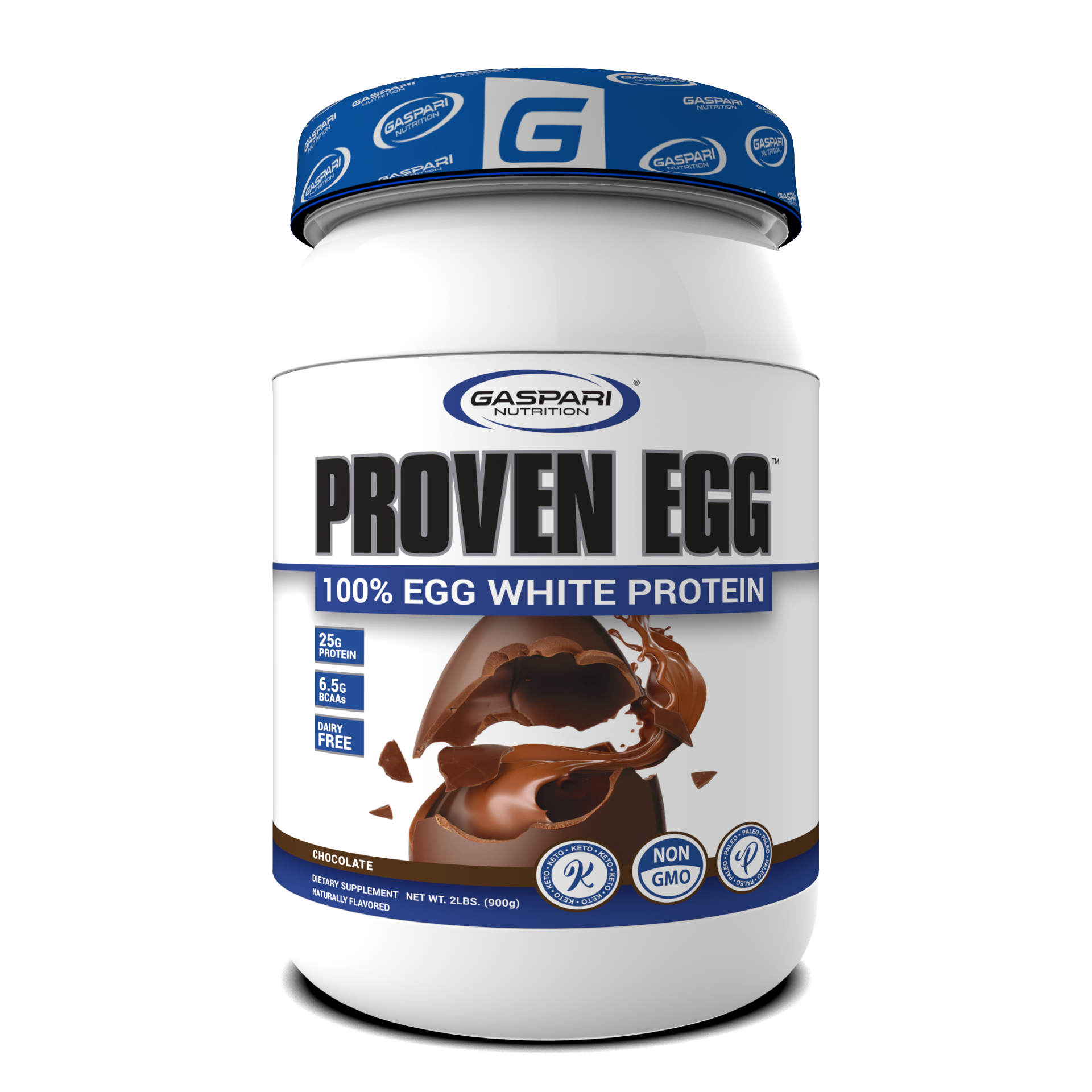

Share:
How Keanu Reeves Got In Insane Shape For John Wick 3
What Are The 5 Best Exercises For Football Players?